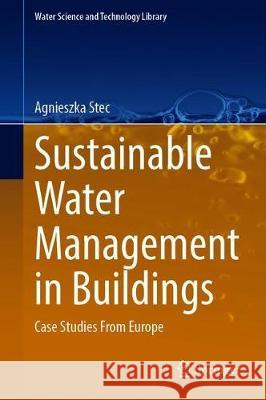Sustainable Water Management in Buildings: Case Studies from Europe » książka
topmenu
Sustainable Water Management in Buildings: Case Studies from Europe
ISBN-13: 9783030359584 / Angielski / Twarda / 2019 / 175 str.
Sustainable Water Management in Buildings: Case Studies from Europe
ISBN-13: 9783030359584 / Angielski / Twarda / 2019 / 175 str.
cena 441,75
(netto: 420,71 VAT: 5%)
Najniższa cena z 30 dni: 424,07
(netto: 420,71 VAT: 5%)
Najniższa cena z 30 dni: 424,07
Termin realizacji zamówienia:
ok. 16-18 dni roboczych.
ok. 16-18 dni roboczych.
Darmowa dostawa!
Kategorie:
Kategorie BISAC:
Wydawca:
Springer
Seria wydawnicza:
Język:
Angielski
ISBN-13:
9783030359584
Rok wydania:
2019
Wydanie:
2020
Numer serii:
000176378
Ilość stron:
175
Waga:
0.44 kg
Wymiary:
23.39 x 15.6 x 1.27
Oprawa:
Twarda
Wolumenów:
01
Dodatkowe informacje:
Wydanie ilustrowane











